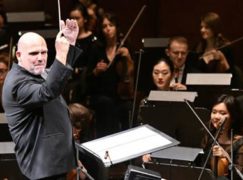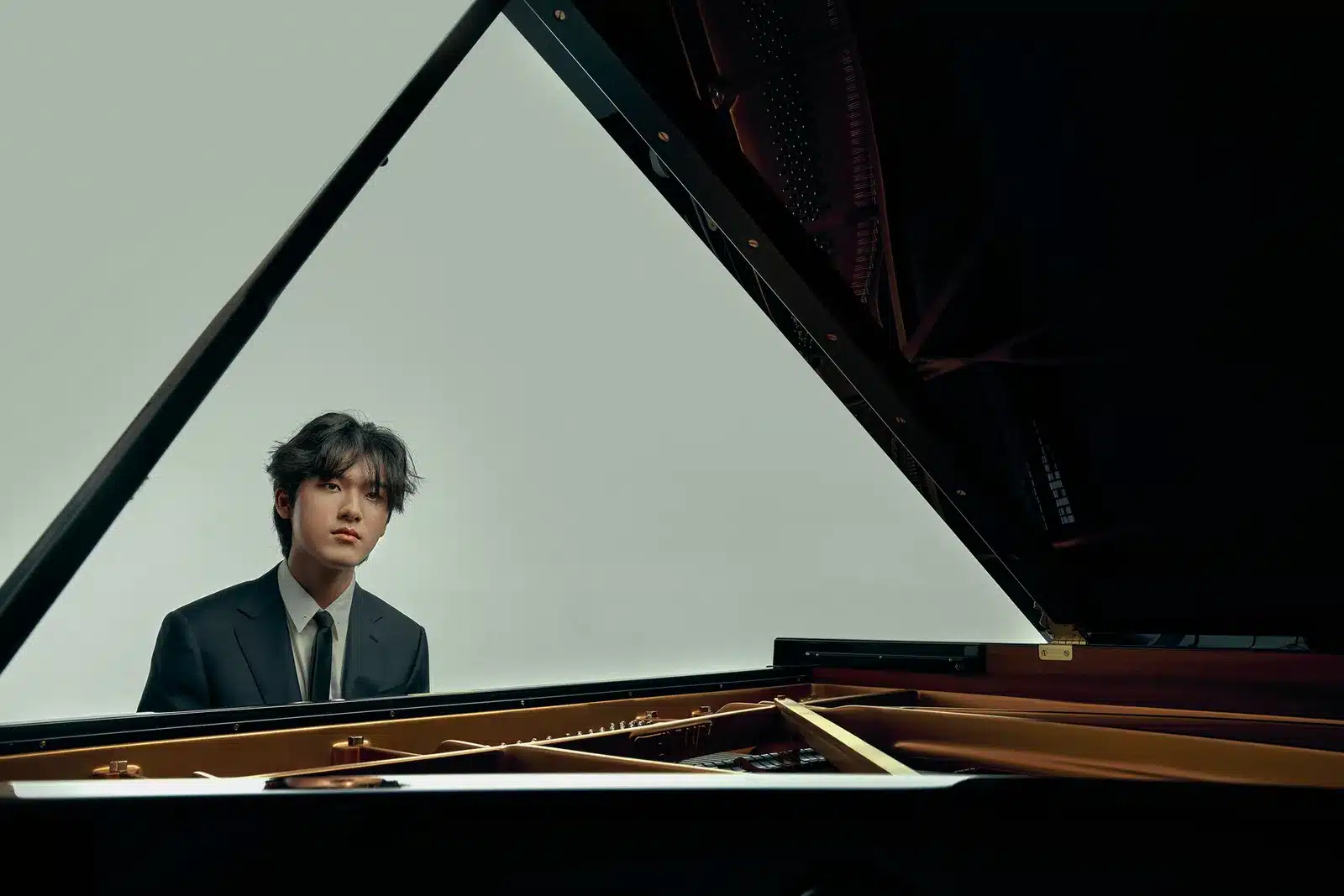Jaap puts Paris orchestra in a flap
NewsWe hear of a major mishap at last night’s Shostakovich fifth symphony at the Orchestre de Paris, conducted by Jaap van Zweden in place of the sanctioned Valery Gergiev.
A few moments into the symphony, Van Zweden stopped the orchestra because the first violins were not playing together.
After a brief pause, he restarted the symphony and the outcome was excellent.
Our eyewitness reports: ‘I am in Philharmonie de Paris this night with Orchestre de Paris. Stand-in conductor Jaap van Zveden was conducting Shostakovich 5 before the break. He had to interrupt the Orchestra after 15-20 bars because of serious disorder in the first violins.
‘After restart/reboot he and the Orchestra made a very fine performance. I have NEVER seen something like this before with a top professional ensemble.’
The only instance we can recall was the BBC Symphony Orchestra breaking down in the first performance of Michael Tippett’s second symphony, conducted by Sir Adrian Boult in February 1958. Boult promptly turned to the audience and announced ‘entirely my mistake, ladies and gentlemen.’
No such humility among modern maestros.






Comments